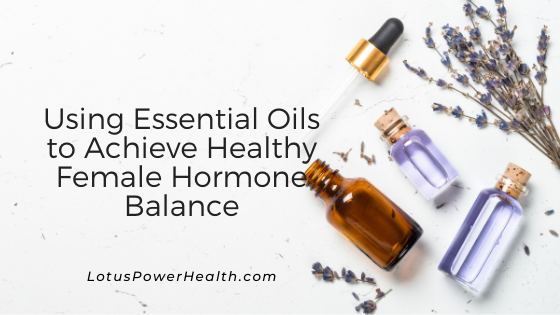People have been told truths and myths about the human immune system, but how do you know what to believe and what not to? Here are a few myths and truths about your immune system that may or may not have heard before.
Not getting enough sleep does not affect your immune system.
MYTH. This is a huge myth about your immune system. When you can get at least 7-8 hours of sleep each night, you are allowing your body to fight back and reset in more ways than just for your immune system. If you are not getting enough sleep throughout the night, you start building up sleep debt, which will cause you to take naps more often or sleep in on the weekends. It would help if you allowed your body to get restorative sleep, which will allow your body to reset and get into fighting shape.
Positive attitudes translate to a healthier immune system.
FACT. Having a good and positive outlook is greatly beneficial for your health all the way around. When you are happy and feeling good, your body can easily fight against infection and take care of the body. When you are in a more pessimistic mindset, your body can very much begin to suffer.
When you are negative mentally, you not only put your mental health at stake, but you can also impact your immune system. Your immune system can begin to slow down and allow for infections to take over the body. Looking on the positive side, you will be able to equip your body to combat illness.
Covering your mouth when you sneeze or cough can reduce the spread of germs.
FACT. When sneezing or coughing, you can effectively slow the spread of germs if you cover your mouth. Eliminating or even limiting the number of infected droplets released into the air can combat the spread of many different illnesses.
The best way to cover your mouth when sneezing or coughing is to cover your mouth and nose with your shoulder or the inner elbow. Avoid sneezing straight into your hands because then you will allow the illness to spread faster that way. If you are healthy, you should wash your hands frequently in the event you have encounter illnesses left behind on doorknobs or other hard surfaces that are considered high traffic areas.
Supplements can help you feel better faster.
MYTH. Taking daily vitamins or probiotics is probably a good idea to stay healthy. However, taking vitamins in mega doses or supplements has not been proven to help your immune system and have you feeling better faster. An excellent way to maintain your health is to eat healthily. A healthy, balanced diet will significantly improve your immune health.
Kids need supplements to build their immune systems.
MYTH. Vitamins and minerals are essential for kids as well; however, these vitamins and minerals should be received through healthy foods throughout the day. These vitamins and minerals will allow kids to develop a strong immune system rather than allowing kids to rely on supplements or daily gummies as their sole source of vitamins. It is not bad to give children daily vitamins but be sure that they are not taken excessively; they can be toxic to children.
Exercise does not affect your immune system.
MYTH. There is no direct link between daily exercise and your immune system; however, there are many benefits to exercising. Exercise helps to lower blood pressure, allows you to maintain healthy body weight, and to protect you from certain diseases to include heart disease. Eliminating other health risks can enable the body to improve its immune health.




